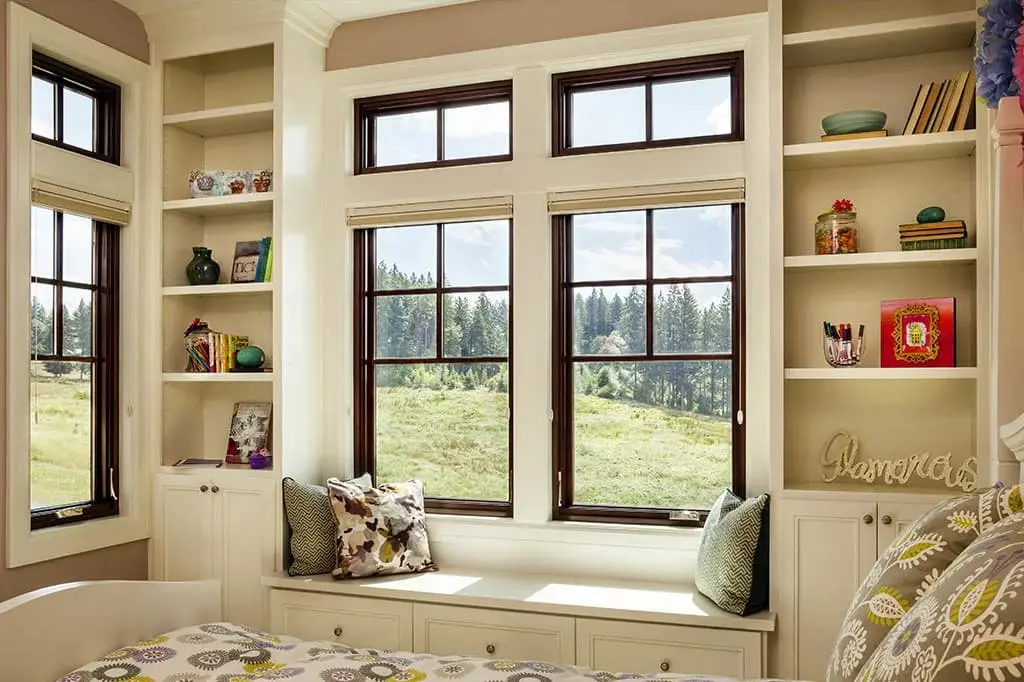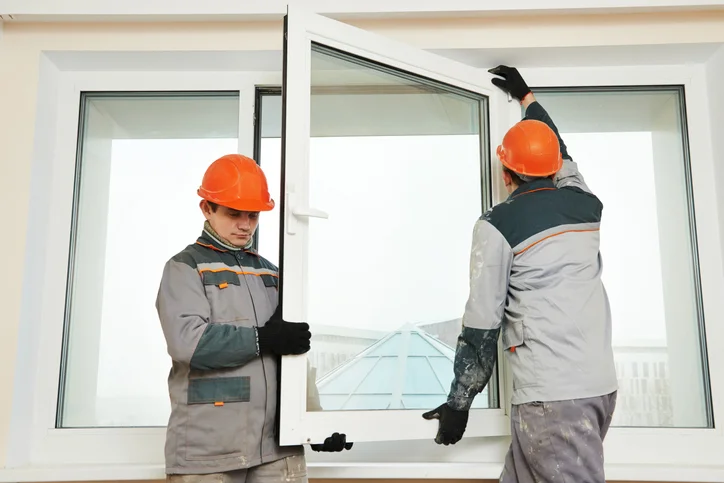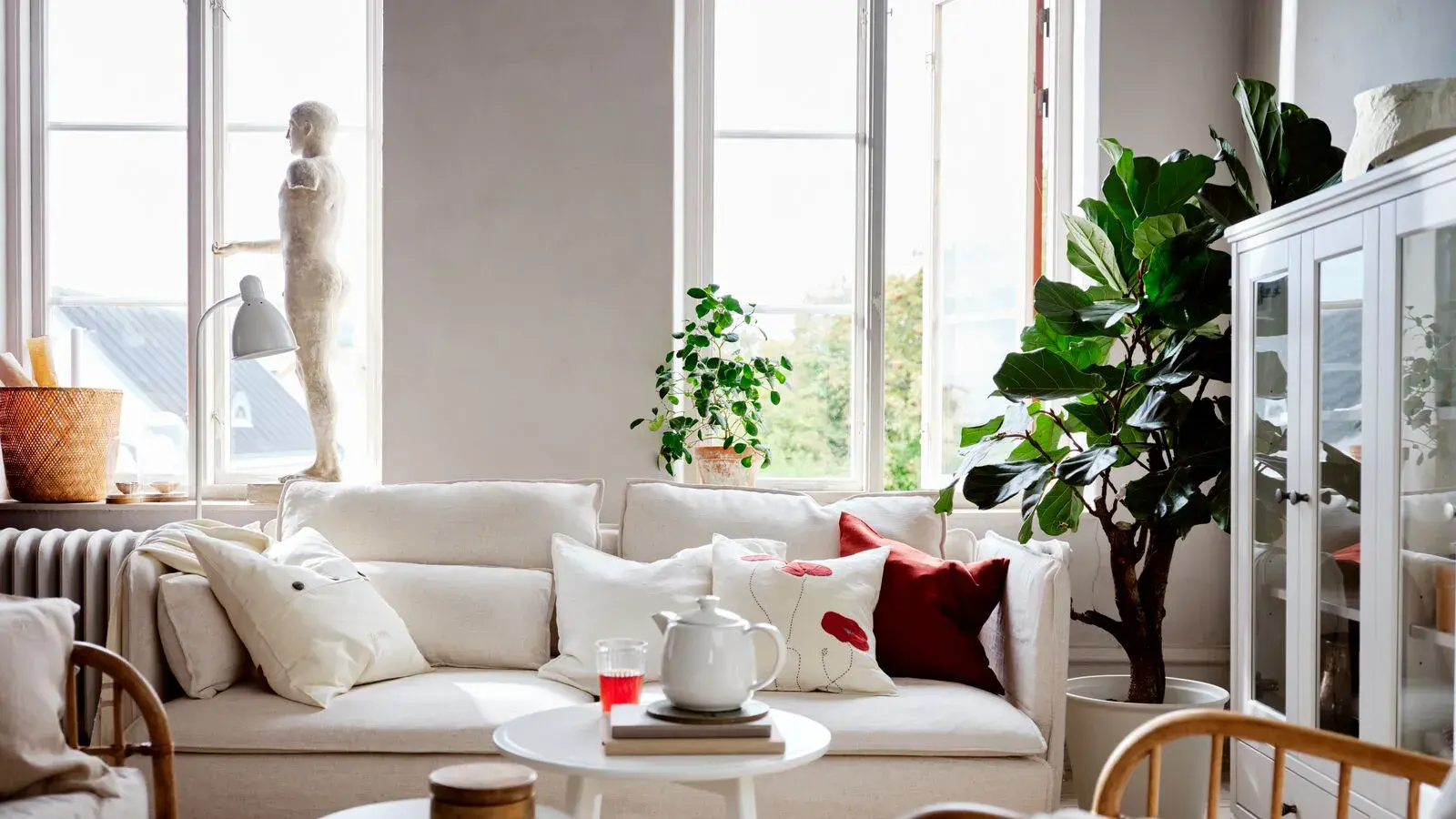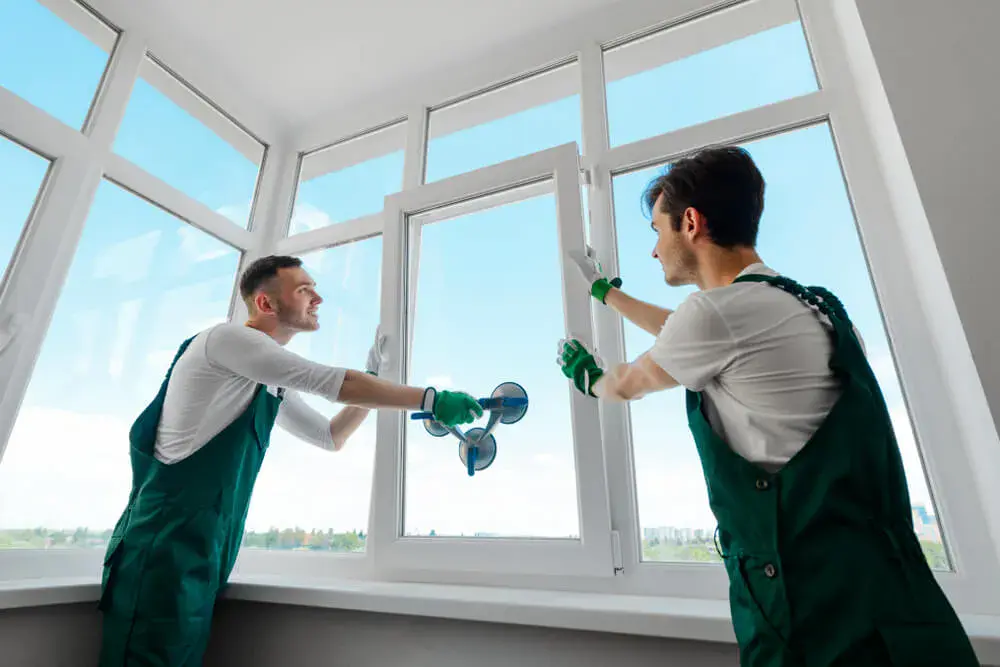
Understanding Your Window Needs
Before selecting new windows, it’s important to assess your needs. Are you aiming to improve energy efficiency, aesthetics, or both? Climate plays a significant role in your choice of window type. For colder regions, double or triple-pane windows are ideal, while warmer climates benefit from solar control glass to reduce heat gain. Additionally, the architectural style of your home should influence your window choice to complement its overall design.
Types of Window Materials
Choosing the right frame material is crucial for performance, cost, and maintenance. Here’s a comparison of the most common materials:
| Material | Pros | Cons |
|---|---|---|
| Vinyl | Affordable, low maintenance, energy-efficient | Limited colors, can warp in extreme heat |
| Wood | Aesthetic appeal, excellent insulation | Requires maintenance, can be expensive |
| Aluminum | Durable, lightweight, modern look | Poor insulation, can conduct heat |
| Fiberglass | Strong, energy-efficient | Higher initial cost, limited styles |
The right choice depends on your budget, maintenance preferences, and aesthetic goals.
Window Styles to Consider
Each window style has unique benefits that can enhance your home’s look and functionality:
- Double-Hung: Classic, vertically sliding sashes for ventilation and ease of cleaning.
- Casement: Side-hinged, outward-opening windows for maximum airflow.
- Sliding: Horizontal sliding windows, ideal for wider openings and modern designs.
- Bay & Bow: Protruding windows that add space and natural light.
- Picture: Fixed windows providing unobstructed views and a sleek look.
Choose a style that matches your home’s architecture and your personal preferences.
Energy-Efficient Windows
Energy efficiency is a priority for many homeowners. Look for windows with the ENERGY STAR label, indicating they meet EPA guidelines. Key features include:
- Low-E Glass: Reflects heat while letting light pass through, improving comfort year-round.
- Gas Fills: Argon or krypton gas between panes adds insulation.
- Insulated Frames: Reduces heat transfer and increases energy efficiency.
Energy-efficient windows may have a higher upfront cost but can save significantly on utility bills in the long run.
Installation Considerations
Professional installation is often recommended for optimal performance. Here are some points to consider:
- Cost: Installation adds to the total price but ensures proper fitting and avoids future issues.
- Warranty: Many manufacturers offer warranties that cover both the windows and installation.
- Timing: Ideal installation periods are during mild weather, avoiding extreme temperatures that could affect the process.
Consult with professionals to confirm installation timelines and minimize disruptions.
Budgeting for Window Replacement
Window costs vary depending on the material, style, and complexity of installation. Here’s an estimated price range per window:
- Vinyl Windows: $300 - $700
- Wood Windows: $800 - $1,200
- Aluminum Windows: $400 - $900
- Fiberglass Windows: $600 - $1,200
These prices can vary by location and installation complexity, so it’s wise to get multiple quotes from contractors.
Maintaining Your New Windows
Proper maintenance extends the lifespan of your windows:
- Vinyl: Clean with soap and water; avoid abrasive cleaners.
- Wood: Inspect for rot or damage; repaint or refinish every few years.
- Aluminum: Regularly wipe down to prevent corrosion; check seals for wear.
- Fiberglass: Clean with mild detergent; ensure seals remain intact.
Regular care will keep your windows functioning optimally and looking great.
Conclusion: Making the Right Choice
Window replacement can improve your home’s aesthetics, energy efficiency, and overall comfort. By assessing your needs, selecting the right materials and styles, and considering installation and maintenance, you can make an informed decision that benefits your home for years to come. Whether you opt for classic wood or modern vinyl, choosing the right windows will provide lasting value and enhance your space.






